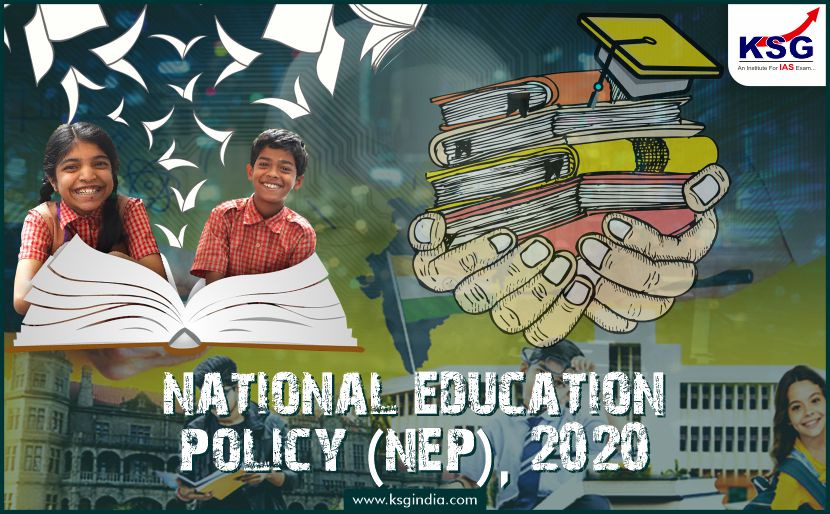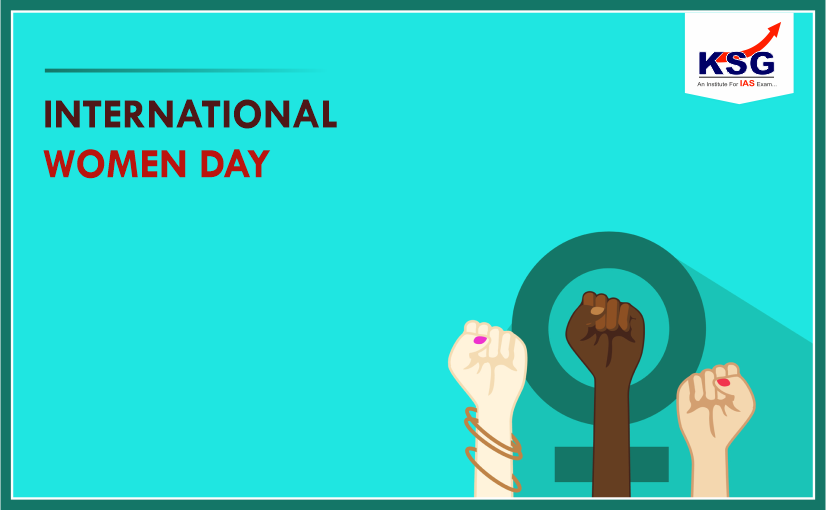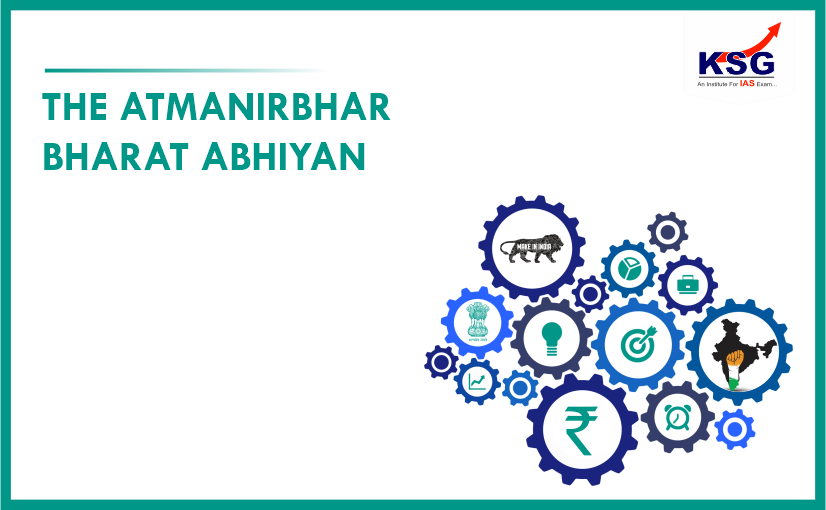Legislators do not have Immunity for Acts of Vandalism

Legislators do not have immunity from criminal law for acts of vandalism or destruction of public property inside state assemblies or in parliament
Legislators do not have Immunity for Acts of Vandalism

Legislators do not have immunity from criminal law for acts of vandalism or destruction of public property inside state assemblies or in parliament
Reservation in National Quota Medical Seats

The Union Health Ministry has announced 27% reservation for the OBCs (Other Backward Classes) and 10% quota for the Economically Weaker Sections (EWS) in the All India Quota (AIQ)
National Education Policy (NEP), 2020

On the first anniversary of the National Education Policy (NEP), the Centre plans to officially roll out some initiatives promised in the policy, such as a credit transfer system
Unicorn Companies

India’s 136-strong unicorn founders club has only five women in it and as of August 4, the country had 56 start-ups that had turned unicorns.
Contempt of Court

Michael Arul, businessman and son of late high-profile IGP F.V. Arul, was arrested by the police on Saturday, and has been lodged in the Saidapet sub-jail.

National Education Policy 2020
Panel headed by former ISRO chief K. Kasturirangan submitted a draft of National Education Policy which forms the basis of National Education Policy 2020. This policy is aligned to the 2030 Agenda for Sustainable Development.
![]()
TRACKING SCHEME THROUGH GIS
Location based information is the most important aspect of a digital economy. It helps not only to plan the development programmes but also to monitor them to manage transparent, effective and efficient delivery of citizenry services.

International Women's Day
United Nations (UN) became the first international body to assert the principle of equality between women and men in its founding document.

Atmanirbhar Bharat Abhiyan
As the whole world, including India is reeling from the crisis engendered by the COVID-19 pandemic, India saw this as an opportunity to relook at systems and institutions to not just combat the crisis but also to prevail.
News Excerpt
The Annual Status of Education Report (ASER)-2019 has been released with a focus on children aged 4-8 years this year.
Pre-Connect
• If development programs are to lead to desired outcomes, their impact on the ground needs to be regularly assessed.
• ASER seeks to use simple yet rigorous methods to generate evidence on scale on the outcomes of social sector programs.
• Since 2005, the NGO Pratham’s Annual Status of Education Reports (ASER) have shone a light on a critical failure of India’s education system: A large number of school-going children across the country are short on basic learning skills.
• These reports have led to debates on seminal policy interventions such as the Right to Education Act and have been catalysts for meaningful conversations on the pedagogical deficiencies of the formal school system.
• The latest edition of ASER directs attention to children between four and eight years of age and suggests that India’s learning crisis could be linked to the weakness of the country’s pre-primary system.
Highlights
ASER surveyed 37,000 children between 4 and 8 years in 26 rural districts across 24 States.
They asked each child to do a variety of tasks testing cognitive skills — sort images by colour and size, recognise patterns, fit together a four-piece animal puzzle — as well as simple literacy and numeracy tests.
Social and emotional development was tracked through activities using cards with faces showing happiness, sadness, anger and fear.
The survey shows that among Class 1 children who could correctly do none or only one of the tasks requiring cognitive skills, about 14% could read words, while 19% could do single digit addition.
However, of those children who could correctly do all three cognitive tasks, 52% could read words, and 63% could solve the addition problem.
Only 16% of children in Class 1 in 26 surveyed rural districts can read text at the prescribed level, while almost 40% cannot even recognize letters.
Only 41% of these children could recognize two-digit numbers.
Private schools ahead
Of six-year old in Class 1, 41.5% of those in private schools could read words in comparison to only 19% from government schools.
Similarly, 28% of those in government schools could do simple addition as against 47% in private schools.
This gap is further exacerbated by a gender divide: only 39% of girls aged 6-8 are enrolled in private schools in comparison to almost 48% of boys.
Importance of early education
The early years, defined globally as age 0-8, is known to be the most important stage of cognitive, motor, social and emotional development in the human life cycle.
A large body of worldwide research demonstrates that exposure to enabling environments and access to appropriate inputs during these years is fundamental to ensuring that children have a firm foundation.
The ASER report shows that a large number of factors determine the quality of education received at this stage, including the child’s home background, especially the mother’s education level; the type of school, whether anganwadis, government schools or private pre-schools; and the child’s age in Class 1.
Analytica
o Due to the lack of affordable and accessible options for pre-schooling, too many children go to Std I with limited exposure to early childhood education.
o Although the anganwadi network across India is huge, by and large, school readiness or early childhood development and education activities have not had high priority in the ICDS system.
o Private preschools that are mushrooming in urban and rural communities have increased access to preschool but are often designed to be a downward extension of schooling. Thus, they bring in school-like features into the pre-school classroom, rather than developmentally appropriate activities by age and phase.
o Age distribution in Std I varies considerably between government and private schools, with private schools in many states having a relatively older age distribution. A big part of the differences in learning levels between government and private school children may be due to these differences in age composition right from the beginning of formal schooling.
Way forward
A reworking of curriculum and activities is urgently needed for the entire age band from four to eight, cutting across all types of preschools and early grades regardless of whether the provision is by government institutions or by private agencies.
There is considerable scope for expanding anganwadi outreach for three and four-year-old children. Expanding access to anganwadis is an important incremental step.
Strengthening the early childhood components in the ICDS system would help greatly in raising school readiness among young children.
Conclusion
After several decades of efforts to universalize elementary education, there is widespread understanding of the importance of schooling. The year 2020 marks the 10th anniversary of the RTE Act. This is the best moment to focus on early education and ensure that 10 years later they complete secondary school as well-equipped and well-rounded citizens of India.
Draft NEP 2019 and early education
Draft National Education Policy seeks to increase the focus on early childhood care.
The Committee for Draft National Education Policy observed several quality related deficiencies in the existing early childhood learning programmes.
These include: (i) curriculum that doesn’t meet the developmental needs of children, (ii) lack of qualified and trained teachers, and (iii) substandard pedagogy.
Currently, most early childhood education is delivered through anganwadis and private-preschools. However, there has been less focus on the educational aspects of early childhood.
Hence, the draft Policy recommends developing a two-part curriculum for early childhood care and education. This will consist of: (i) guidelines for up to three-year-old children (for parents and teachers), and (ii) educational framework for three to eight-year-old children.
This would be implemented by improving and expanding the anganwadi system and co-locating anganwadis with primary schools.
PEPPER IT WITH
SWAYAM, Vidya Lakshmi, RTE Act
Vivad se Vishwas (The Scheme)
The scheme introduced by the Ministry of Finance gives the taxpayers who pay their contested taxes on or before 31 March 2020 a full waiver on interest and penalty. Inspired by the success of the Sabka Vishwas Scheme that reduced a number of indirect tax disputes, on February 5, 2020, the Finance Minister tabled The Direct Tax Vivad se Vishwas Act, 2020 in Parliament.
Effect of lockdown - a massive increase in Unemployment
India has implemented one of the world's strictest lockdowns to control the Covid-19 outbreak. This resulted in an almost complete shutdown in April 2020 of all economic activity, with gradual and partial lifting of restrictions throughout the month of May. The apparent consequence of this shutdown was a huge rise in joblessness.